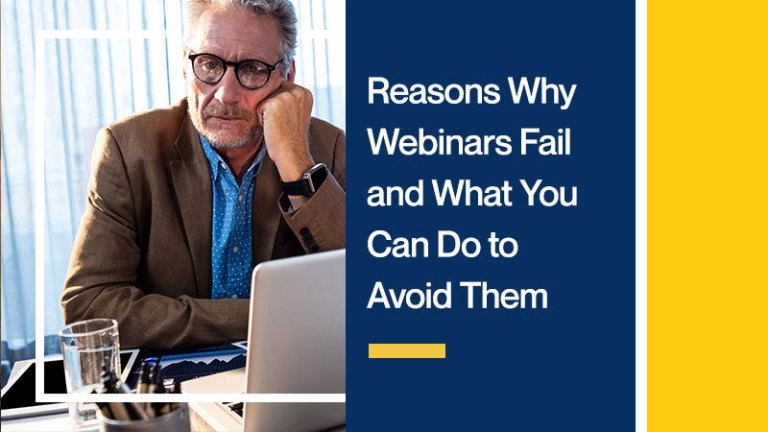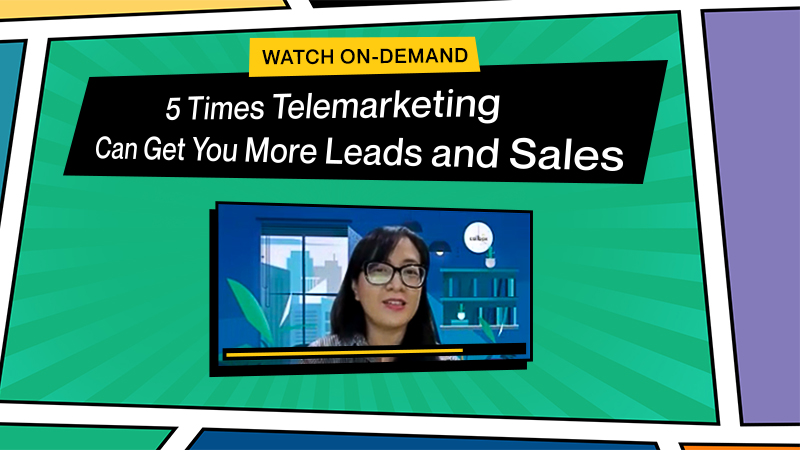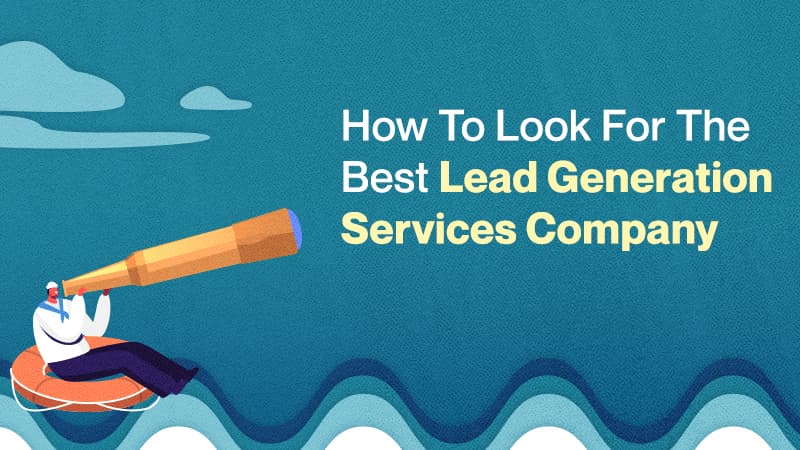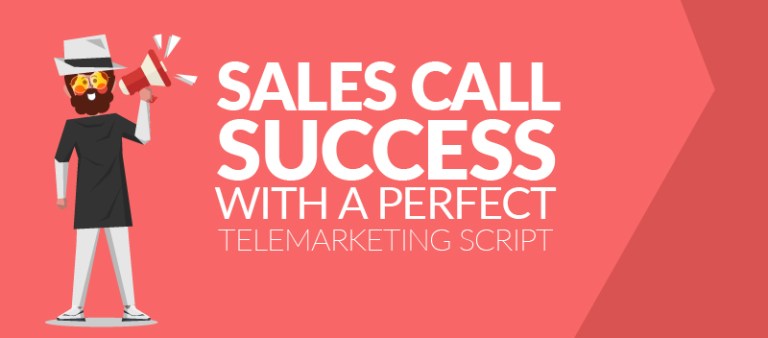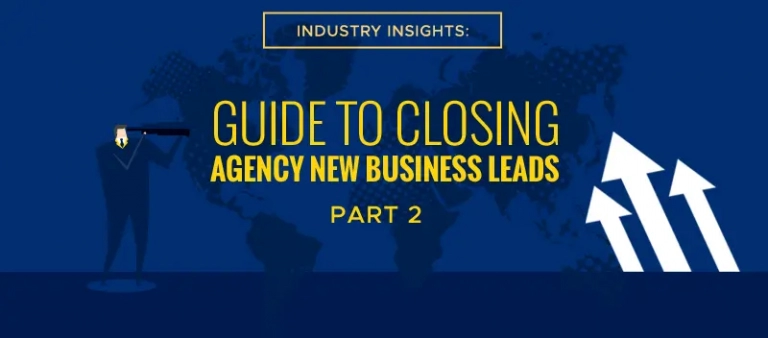It’s not a secret that webinars are at the peak of its channel career today. With everyone transitioning their live events and conferences virtually to adapt to the new normal, it’s impossible that you haven’t yet received an email invitation to one.
There’s a lot of advantages to hosting webinars. For one, it’s cost-effective. It generates a high conversion rate and speeds up your sales process with minimal cost compared to live events. You can reach and communicate with hundreds of people from anywhere in the world just by hosting it in one location. It’s also a really good way to generate new leads and automatically position your company expert in your field, making it a good brand awareness channel. And the list goes on, but not everyone is getting all these results.
After some tries, you might find your webinar events failing. Here’s why and how you can fix it:
You do not have a plan
You might have thought that organizing a webinar is just as easy as setting up a camera and hitting that broadcast button. If that’s the case, then no wonder you’re definitely failing. There’s a lot of things you have to prepare pre-event and that includes having a concrete plan and process. It helps to have a checklist. Separate pre-, during, and post-event tasks. This way, you will be able to monitor your progress and make sure you don’t forget anything. This will also help you identify key areas you have to improve on.
You have not set your goals
How do you measure a successful event if you haven’t defined what success looks like? Your goals should be SMART — specific, measurable, attainable, realistic, and timebound! You can start with these metrics and develop goals or quotas from them:
- Number of Registrations
- Number of Attendees
- Engagement Rate
- Follow-up Replies
- Conversion Rate
If you’re working as a team, talk!
Organizing a webinar event is like starting a whole campaign. It should follow its own branding and well, it definitely has to be coordinated. From the conceptualization part to the language you use for promotion, answering queries, and handling engagements. Thus people in your team should keep open communication and give clear instructions. You can’t “just go with the flow”, there’s a lot of things that can go out of hand. Have a team meeting before you start and identify each member’s tasks. Check on your team before the event and right after the post-event tasks. It’s essential to have an assessment especially when you’re planning to do more of these digital events.
Your content is not for your audience
Like all events, your overall theme is important. Think about your target audience and figure out what content gives them value. Always ask who your webinar is for. From there, it will be easy to identify the language you have to use, the topic that will interest your audience, and ensure that you deliver your message. You get the most out of your event when you give them the experience that they will find most helpful.
If you overlook this area or end up misleading the audience, you will definitely lose their trust. They might show up to your event but they will leave as soon as they realize there’s nothing for them in the event.
There’s something wrong with your promotions
Promoting your webinar is vital! How and where you promote it matters. Depending on your topic and your target audience, you have to be able to market it out there. Utilize all available marketing channels for this. From sending out email invites to your database, promoting it through phone conversations, making use of social media platforms like Facebook, LinkedIn, and Twitter. You can also post on event pages like Eventbrite and Eventzilla. Promoting it on your own website is highly recommended, as well as writing a blog post about it. Start a conversation with your audience. This way, you can also use them as a channel to market your event. Check out these five other ways to promote your virtual event and drive more webinar attendees. There are also different marketing strategies for different industries, for B2B SaaS companies you can check this out.
People are not showing up!
Getting enough registrations is one thing, but making them show up is another. The number of registrations you get does not automatically translate to good attendance. You have to set up a good follow-up strategy. A reminder email a day before the event schedule and an hour before the event have proven effective to give your registrants a nudge that your event is upcoming so they can check their calendar and free up their schedule. If you are in conversation with your registrants, it’s important to remind them to add the event on their calendar too. Most webinar hosting platforms have integrations with online calendars so it’ll be easy.
What happens after the event matters!
More magic happens after the event. Continue the engagement by a follow-up email right after the event. Get the conversation going by asking for feedback, suggestions, getting to know your attendees better, and taking it to the next level by offering your services. It’s also important to keep them in the loop on your upcoming events and other content that they may find useful. You already gained their trust, stay with them in their buyer’s journey, and definitely, you will close the deal.
For your webinar events to be effective you must have a clear focus on your Goals, Cadence, Promotions, and Content. Keep the engagement high all throughout the campaign and always make room for improvement. Webinars are just like live events, but even better.
Callbox has been hosting and promoting webinars for years. If you need any help, we’ll always be glad to help!
